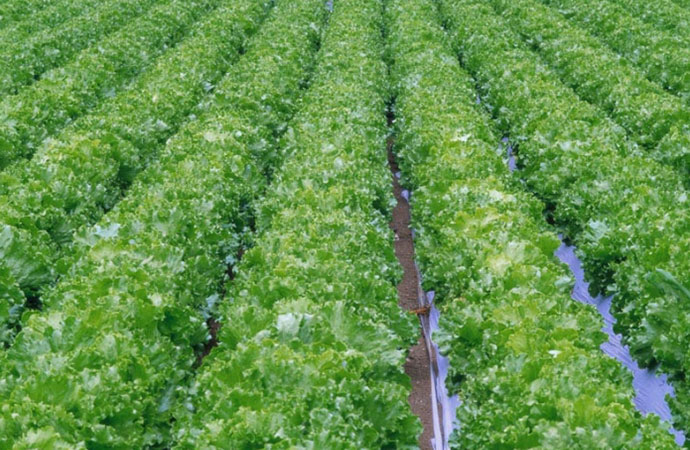Fertalising & Cropping
Zeolites have a very open framework with a network of pores giving it a large surface area for trapping and exchanging valuable nutrients.
- More efficient fertaliser use
- Mor efficient water use
- Improves yield

BENEFITS
Increased capacity and quality, decreased costs
Applying zeolite to the soil can improve its ability to hold nutrients and water
Zeolite is a natural super porous mineral (part of a group of hydrated alumino silicates). It carries a negative charge balanced by freely moving cations with positive charges. this provides an ideal trap for positive cations like nitrogen rich ammonium and potassium which are then released when demanded by plants.

More efficient fertiliser use
With the current high price of ammonium fertilisers zeolite can be used to extend their efficiency and performance. Blending fertiliser with zeolite can produce the same yield from less fertiliser applied because of the reduction of volatolization and leaching losses. It is particularly suitable for banding under drip irrigation planting where it will assist water infiltration, distribution and retention. When fertigation is practiced it will actively hold the nutrients in the rootzone.
More efficient water use
Zeolite assists water infiltration and retention in the soil due to its very porous properties and the capillary suction it exerts. Acting as a natural wetting agent, it is an excellent amendment for non wetting sands and to assit water distribution through soils.
The role of zeolite
Zeolite can hold nutrients in the root zone for plants to use when required. This leads to more efficient use of N and K fertilisers - either less fertiliser for the same yield or the same amount of fertiliser lasting longer and producing higher yields.
An added benefit of zeolite application is that unlike other soil amendments (gypsum and lime) it does not break down over time but remains in the soil to help improve nutrient and water retention permanently. With subsequent applications the zeolite will further improve the soil's ability to retain nutrients and produce improved yields.
And zeolite is not acidic. In fact it is marginally alkaline and its use with fertilisers can help buffer soil pH levels thus reducing the need for lime applications.
Have A No Obligation Discussion With Us And Find Out More Today
Better results, more efficiency, less money. It’s a hard promise to pass up. Why not at least enquire?
